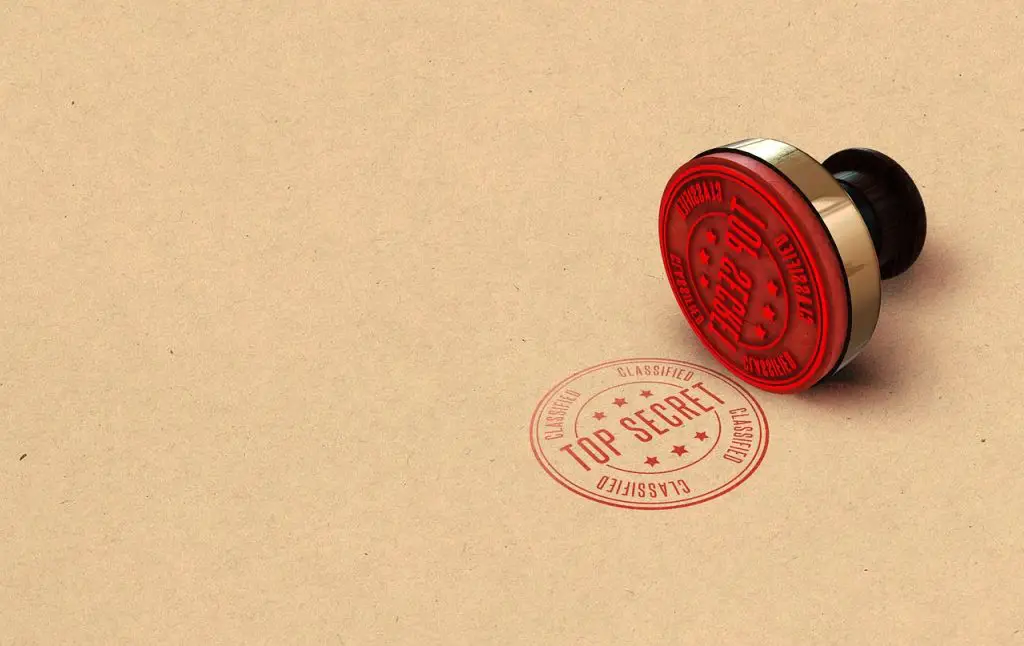
An electrical engineer employed by the U.S. Department of Defense has become the subject of a criminal case after he took home dozens of pages of highly classified material. The employee printed and removed 155 pages from a secure office—documents drawn from 20 separate files, all marked “Top Secret.” The engineer had planned a vacation to Mexico, but was intercepted by FBI agents before departure.
Fifty-one-year-old Gokhan Gun has pleaded guilty to the unauthorized removal and retention of classified documents. He now faces a sentence of up to five years in prison, with a formal judgment scheduled for June 17. Gun was a full-time Department of Defense employee, cleared to access classified information and systems containing materials designated as Sensitive Compartmented Information (SCI).
According to the investigation, Gun had undergone repeated briefings on handling classified materials and was fully aware that such documents must be stored exclusively in approved safes or specially designated secure areas. Nevertheless, beginning in May 2024, he began systematically printing documents from a secure network at his workstation and smuggling them out of the facility.
He concealed the documents in translucent plastic bags, which included intelligence reports and other sensitive material. Between May 10 and August 7, Gun printed 256 documents totaling over 3,400 pages. The FBI confirmed that at least 155 of those pages matched 20 specific documents from the classified network, containing highly protected content.
Security personnel were particularly alarmed by the fact that the majority of the documents were printed after 4:00 p.m.—outside normal working hours—raising strong suspicions that Gun’s actions were deliberate rather than merely negligent.
On August 8, a court authorized search warrants for two of Gun’s residences, his vehicle, and all data storage devices. The following morning, FBI agents arrived at his home—just as he was preparing to leave for Mexico. Gun claimed he was heading out on a fishing trip with friends, though he had previously told his employer he would be traveling alone.
During the search, agents discovered a folder marked “Top Secret” in his backpack, which he appeared poised to take on his trip. When questioned, Gun denied removing any classified materials, speculating that if any documents bore classification markings, they may have been outdated.
As of now, no charges of espionage have been filed. Investigators acknowledge the possibility that Gun’s actions stemmed from carelessness or a fundamental lack of understanding regarding the consequences. However, the case files emphasize that possession of a security clearance entails strict adherence to protocols for handling classified data—and that even storing such materials at home constitutes a serious breach.


